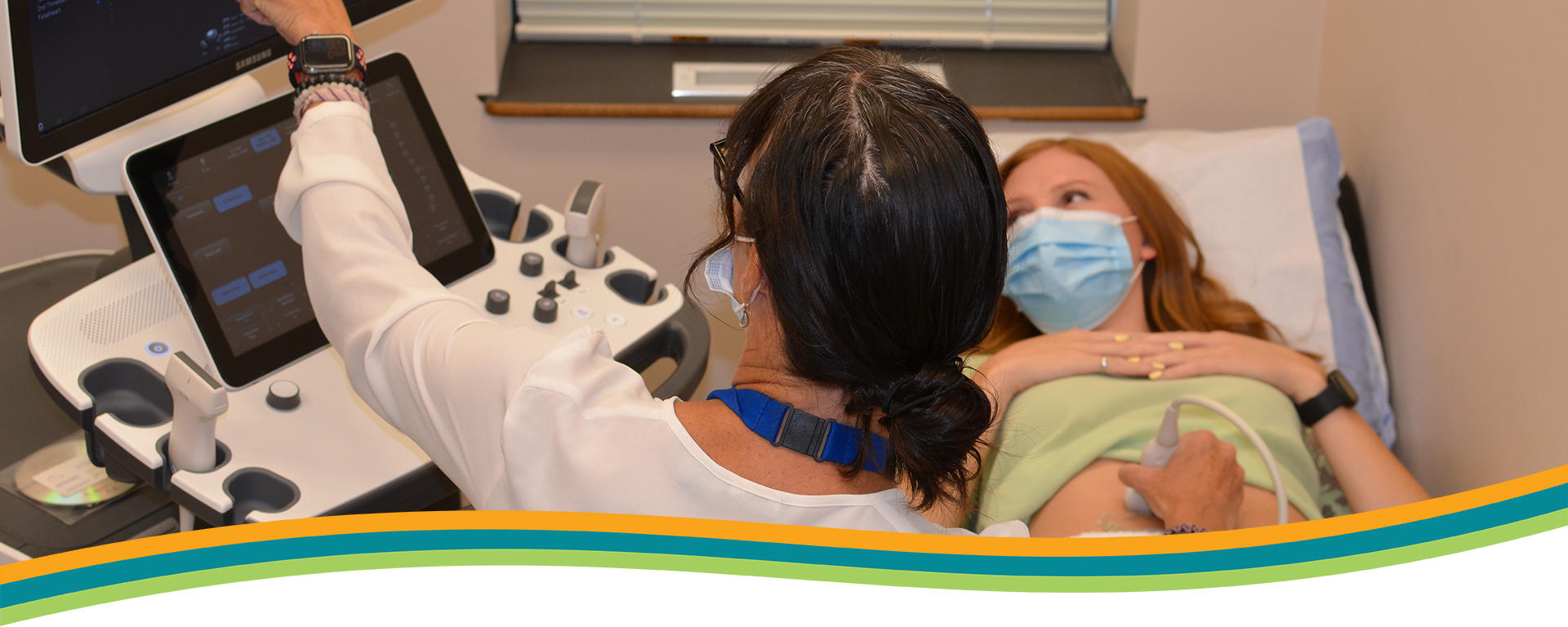Significant technological advancements have resulted in a rapid expansion of the field of advanced/ therapeutic endoscopy. As a tertiary referral centre for southern Alberta and a number of locations in neighboring British Columbia, the Division of Gastroenterology and Hepatology at the University of Calgary is proud to offer specialized endoscopic care for a catchment area of 1.5 - 2 million patients. Our clinical service for fluoroscopy-assisted procedures is centralized at the Peter Lougheed Centre. Other advanced endoscopic procedures take place to some extent at all sites within Calgary.
Our mission is to train academically oriented advanced/ therapeutic endoscopists who are optimally prepared for independent practice upon completion of their training. As such, it is a mandatory requirement that all trainees engage in research and complete a research project alongside their clinical fellowship program. The highly centralized nature of our clinical service provision in combination with our high procedural volumes allow us to offer a diverse clinical training experience in ERCP, EUS, luminal therapeutics, deep enteroscopy, RFA, EMR and difficult polypectomy, among others.
Strengths of the Program
- High volumes of procedures performed in Calgary, including roughly 1,600 endoscopic retrograde cholangio-pancreatography (ERCP) procedures and 1,300 endoscopic ultrasound (EUS) procedures annually
- A balanced endoscopy group on faculty, providing the optimal blend of experience and new approaches
- The opportunity to pursue concurrent formal training in research, education, or other healthcare-related fields. Our four most recent trainees completed or plan to complete health-related graduate degrees (MSc Epidemiology, MSc Medical Education, MPH, MSc Health Services Research) alongside their training fellowship in 2 years
- The opportunity to be involved with a newly established and rapidly expanding research program in advanced/ therapeutic endoscopy
Clinical Services
- Endoscopic retrograde cholangio-pancreatography (ERCP)
- Endoscopic ultrasound (EUS) and related techniques
- Cholangioscopy and pancreatoscopy
- Luminal therapeutics (stenting, dilation, coiling/gluing, etc.)
- Deep enteroscopy - double balloon (DBE) and single balloon (SBE)
- Endoscopic mucosal resection (EMR) and difficult polypectomy
- Radiofrequency ablation (RFA)
- Capsule endoscopy
Research
We have a well-established research program in luminal endoscopy, with a rapidly growing research program in pancreatico-biliary endoscopy. In 2018, we launched a unique prospective research project, the Calgary Registry for Advanced and Therapeutic Endoscopy (CReATE). Our goal and expectation is to be involved, both as leaders and collaborators, in high-impact endoscopy research for years to come. Examples of active studies include:
- Assessing the performance of novel duodenoscopes that aim to reduce infectious outbreaks in ERCP
- Assessing the efficacy of EUS-guided biliary drainage versus ERCP as a technique of first intent in malignant biliary obstruction
- Evaluating the increased requirements for conscious sedation for advanced pancreaticobiliary endoscopic procedures in patients using cannabinoids
- Analyzing the biliary microbiome and distinguishing between adherent and free organisms;
- Evaluating and optimizing the performance of current algorithms used in the risk stratification of patients with choledocholithiasis
- Evaluating the need for a follow-up ERCP in the management of post-cholecystectomy biliary leaks
- Studying the association between pre-procedural, peri-procedural, procedural, and post-procedural factors and outcomes/ adverse events in ERCP
- Evaluating the association between the morphology of the major papilla and ERCP outcomes
- Developing rules for attribution of post-ERCP adverse events
- Comparing outcomes and procedural characteristics of ERCP performed under general anesthesia versus conscious sedation
Application Process
Position Background
Between one and two new fellowship positions are available yearly with an academic year July 1 – June 30. Occasionally, the program will not take a fellow in a given cycle. Training in basic endoscopy (gastroscopy and colonoscopy) is a prerequisite. Our fellows are typically trained gastroenterologists, but applications from general surgeons are also welcomed. We favour applicants who wish to pursue a two-year fellowship with concurrent research training and/or productivity. After an initial review of the above materials, highly ranked candidates are requested to participate in remote or in-person interviews, from an initial pool of typically 40-50 applicants.
We prioritize candidates who wish to complete two years of training, ideally pursuing a concurrent graduate degree in a healthcare-related field (MSc, MPH, or similar). Fellowship positions are fully funded (see details below), but candidates are also encouraged to apply for clinical fellowship awards (such as those available through the Canadian Institutes of Health Research and the Canadian Association of Gastroenterology) to supplement their funding. Support is also available to cover the tuition costs associated with any concurrently pursued graduate program. In addition, funding is available to support trainees who wish to attend scholarly meetings and conferences, with preference given to trainees who are presenting their own work.
Application Deadline: March 31st the year prior to fellowship start (i.e. March 31, 2024 for July 1, 2025 program entry)
Interviews: Typically conducted during the end of May/early June the year prior to application.
Funding: Fully funded by the Pentax Advanced Therapeutic Endoscopy Fellowship Award, at up to $75,000/year (CDN).
Application Documents
- Letter of Intent
- Curriculum Vitae
- Letters of Reference x3 (Please have referee send directly to giprogramadmin@ucalgary.ca, letters submitted directly by applicant will NOT be accepted)


